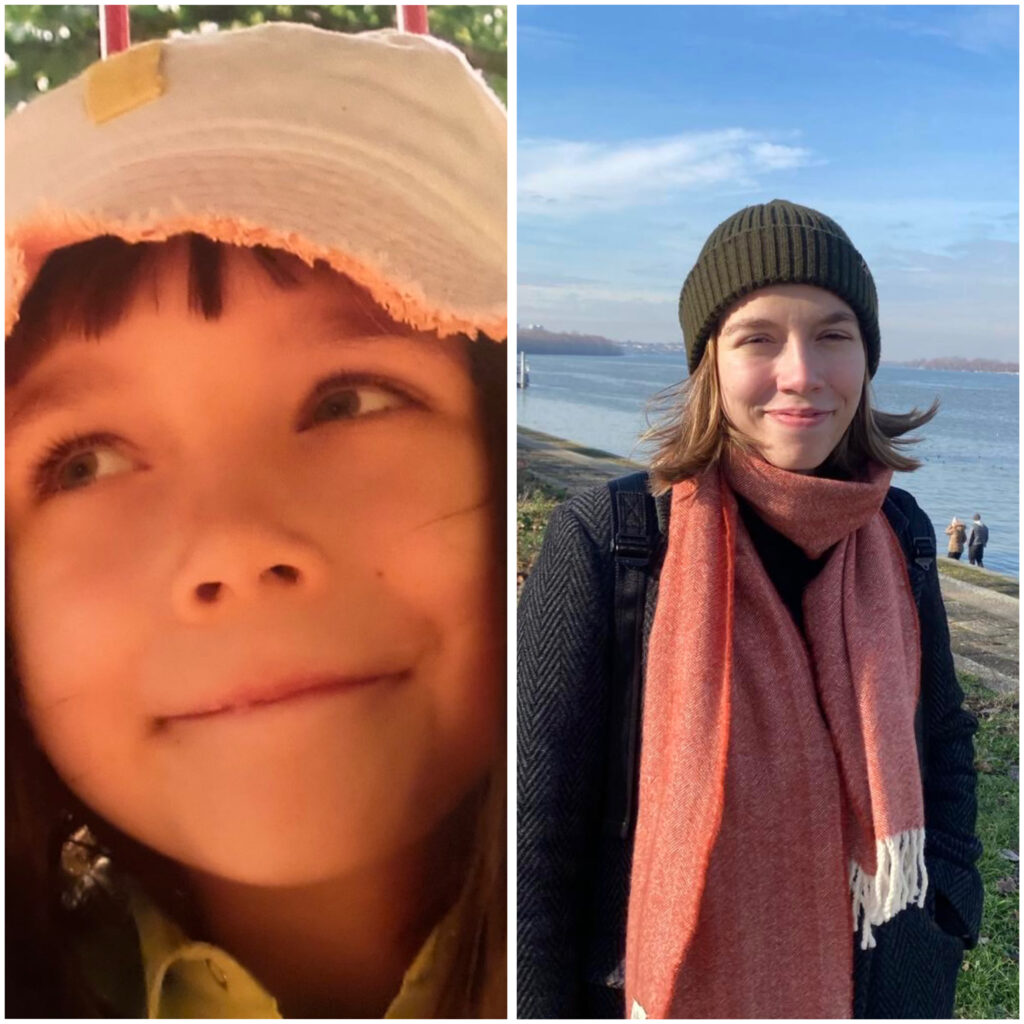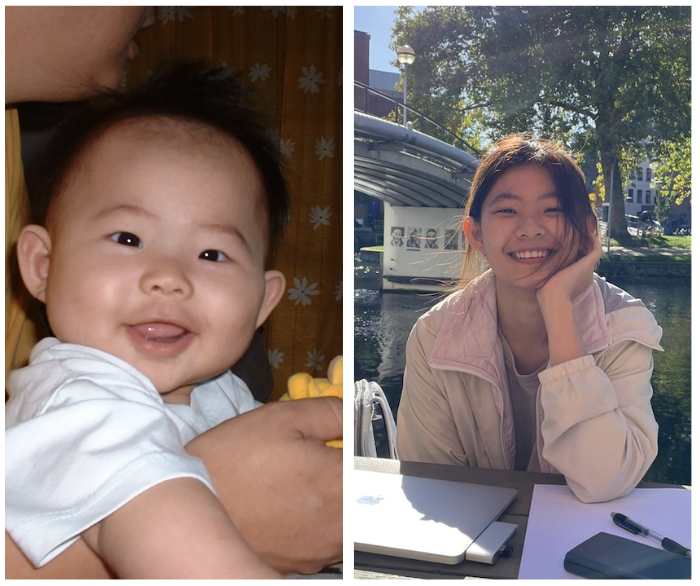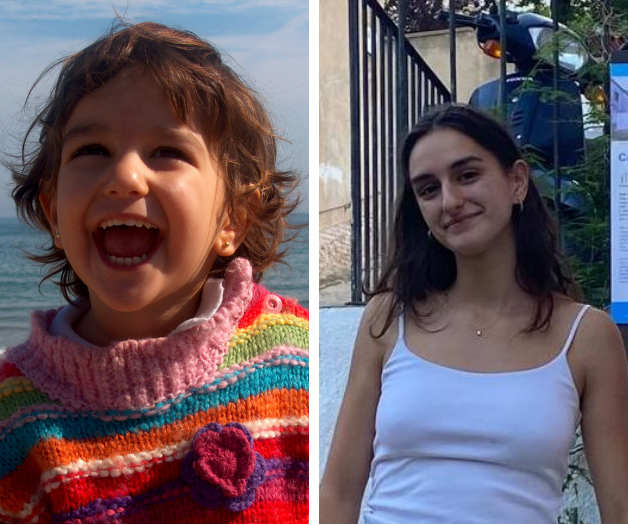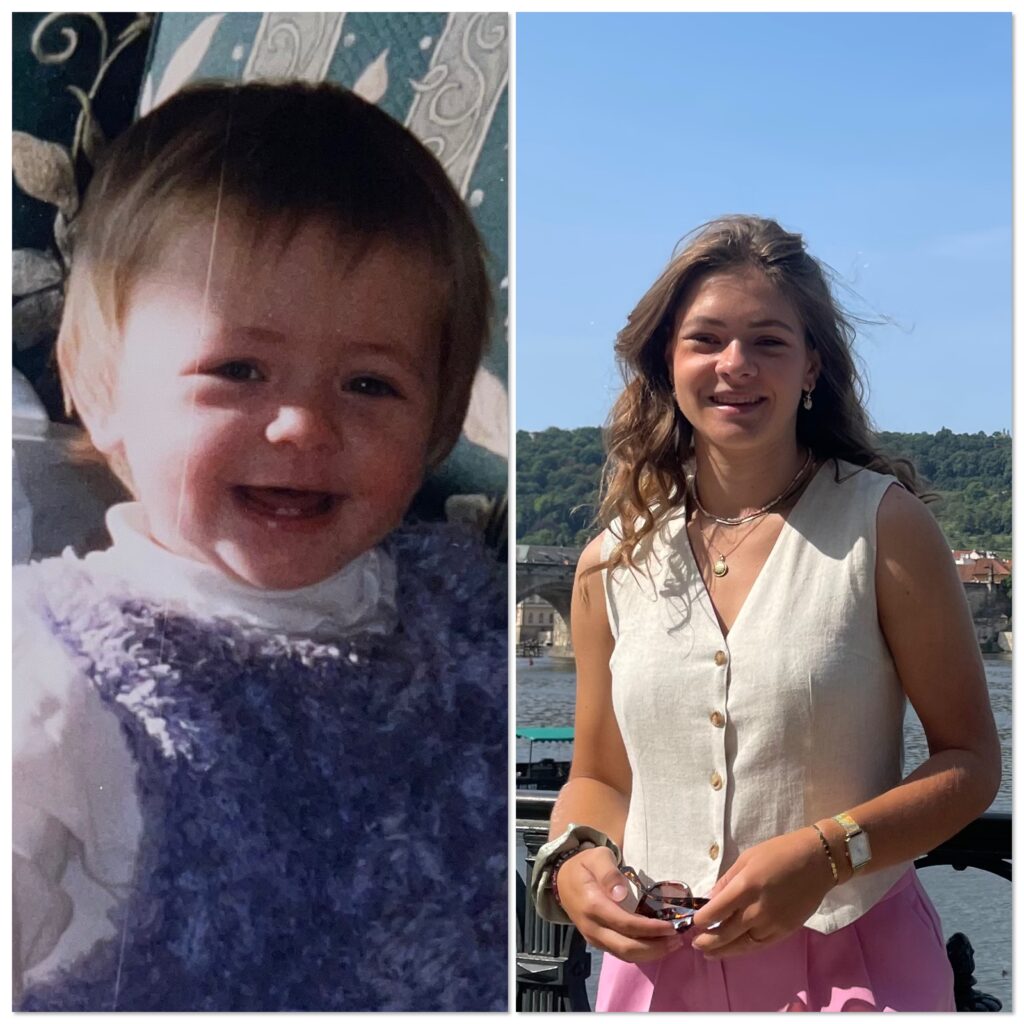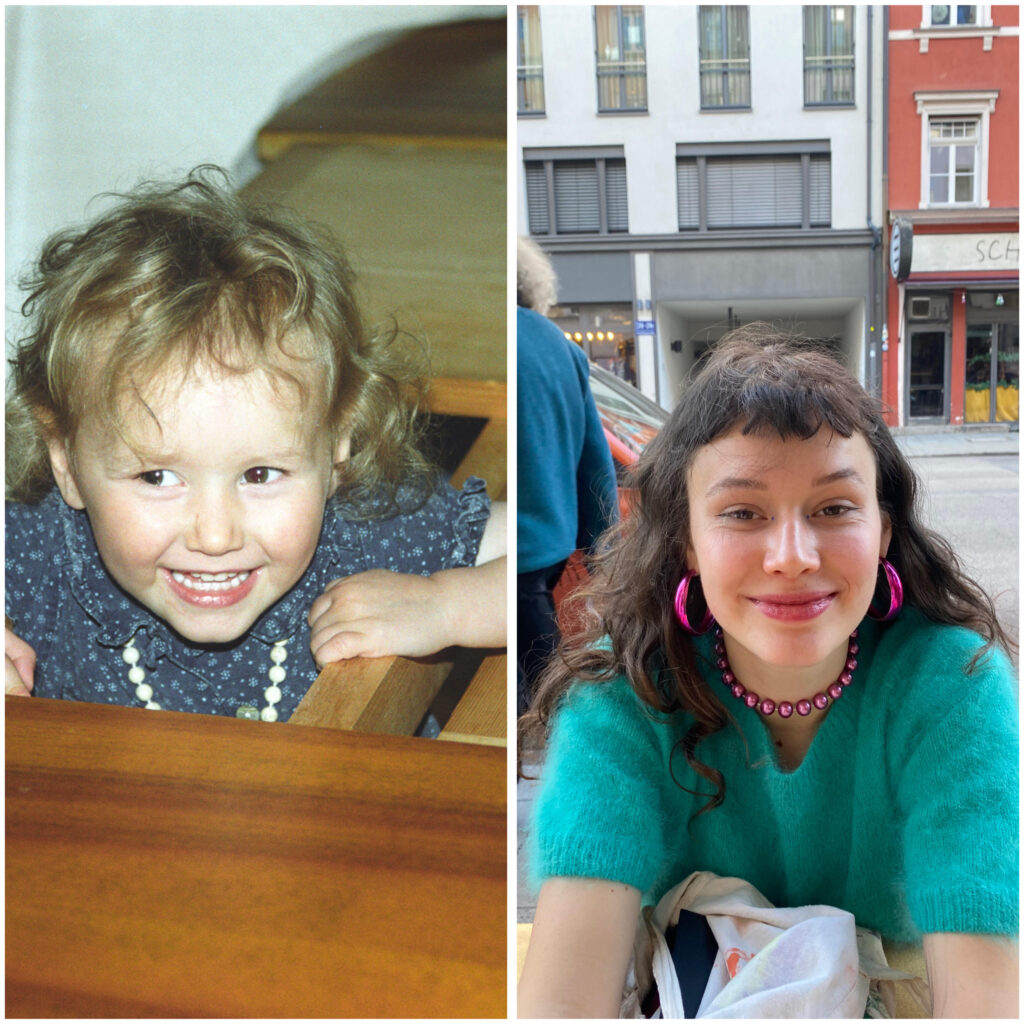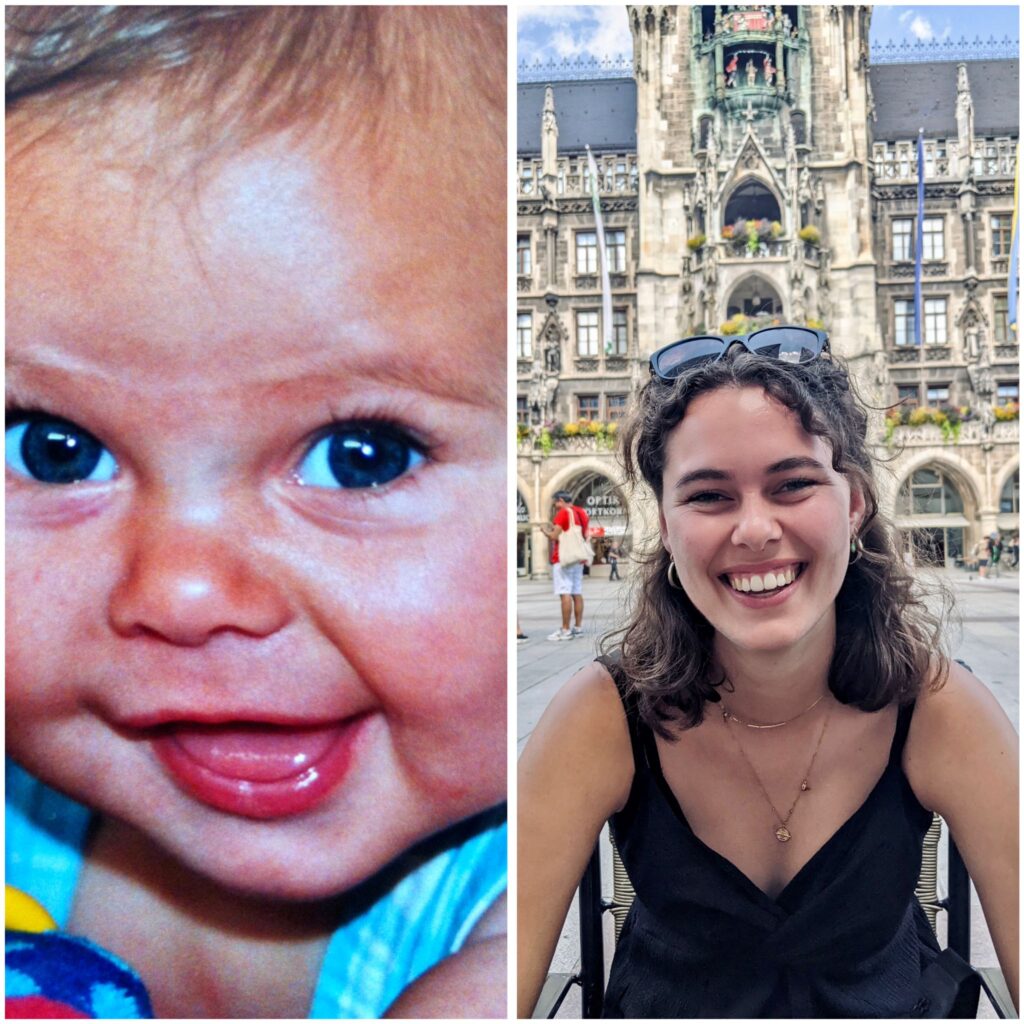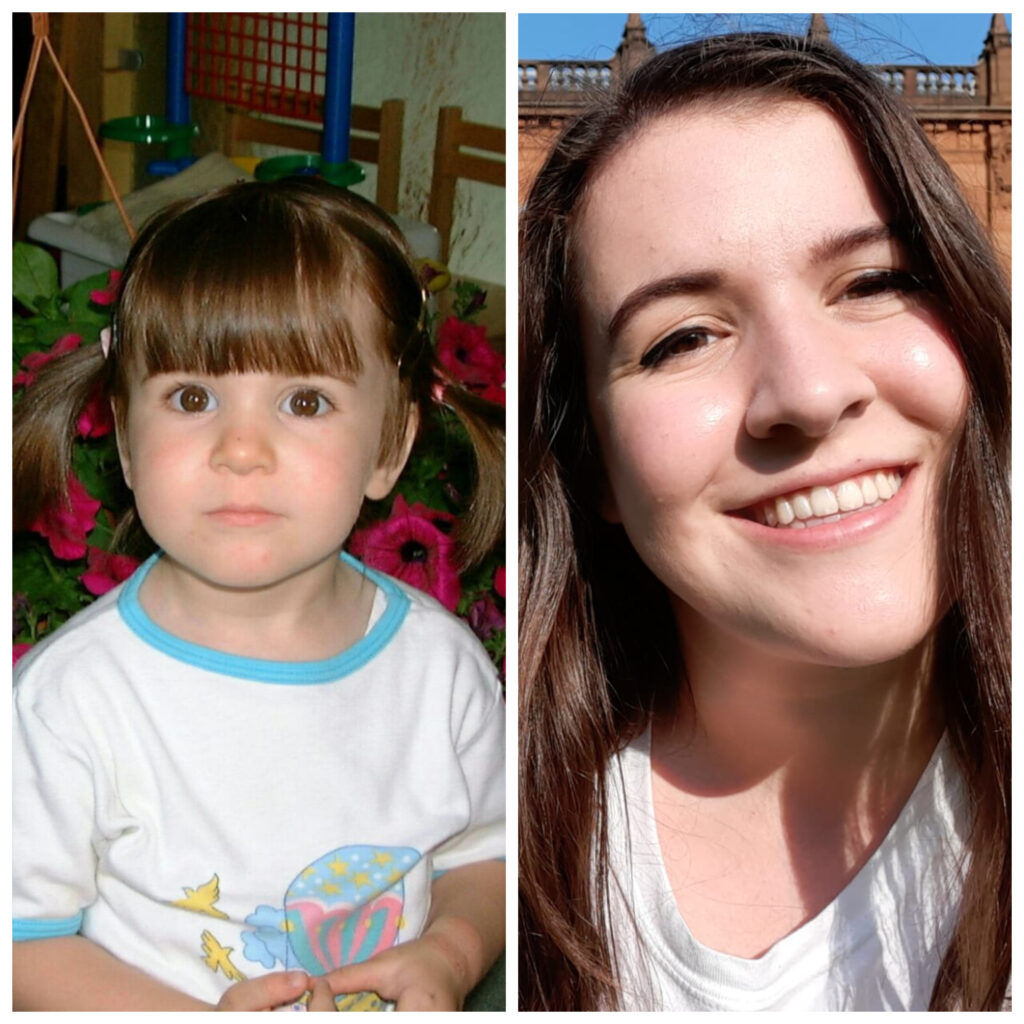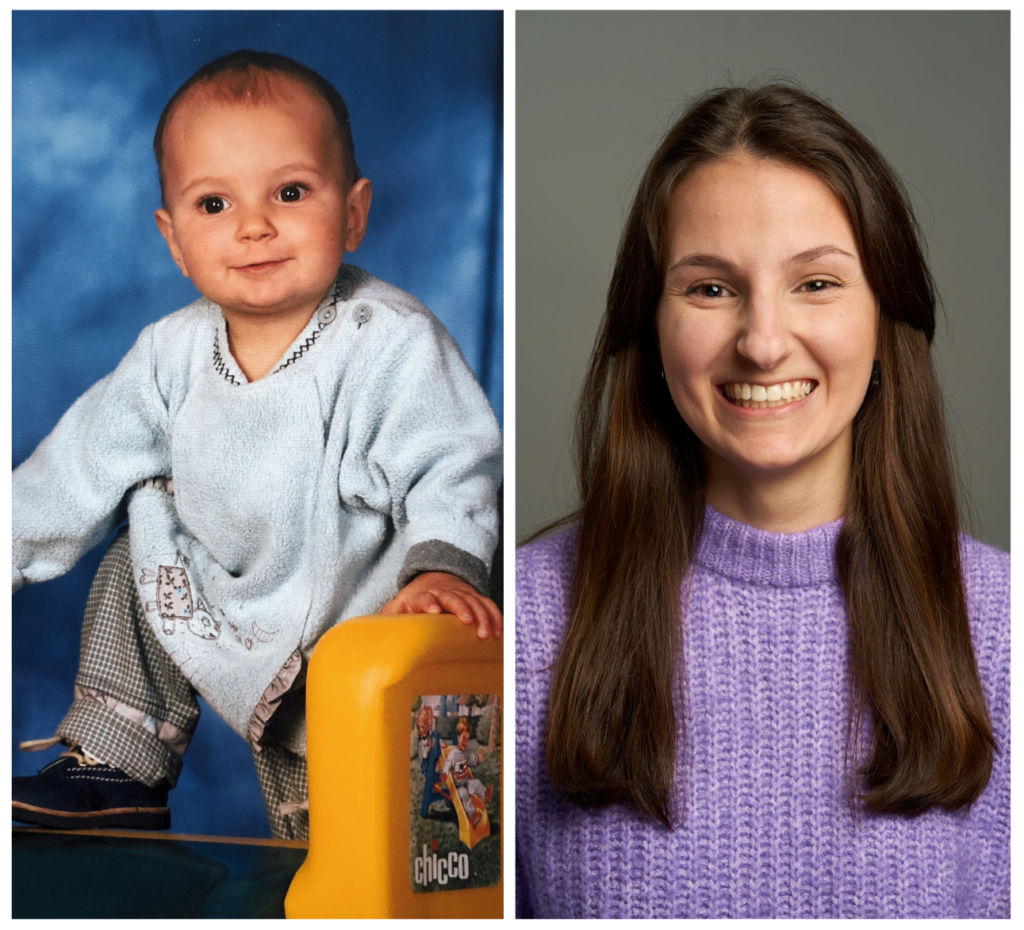
As a master’s student in the Brain and Cognitive Sciences program with a background in Psychology, I have always been fascinated by how the human mind develops from the very first moments of life. My curiosity about developmental psychology drives me to explore how infants perceive and adapt to the world around them. Spending time with children, especially babies, has deepened my appreciation for their rapid growth and learning. To gain experience in this field, I am joining the Babylab as a volunteer, contributing to the Habituation research, where we use eye tracking to measure different aspects of attention and learning.

